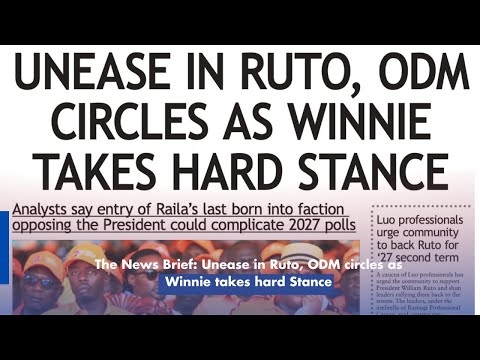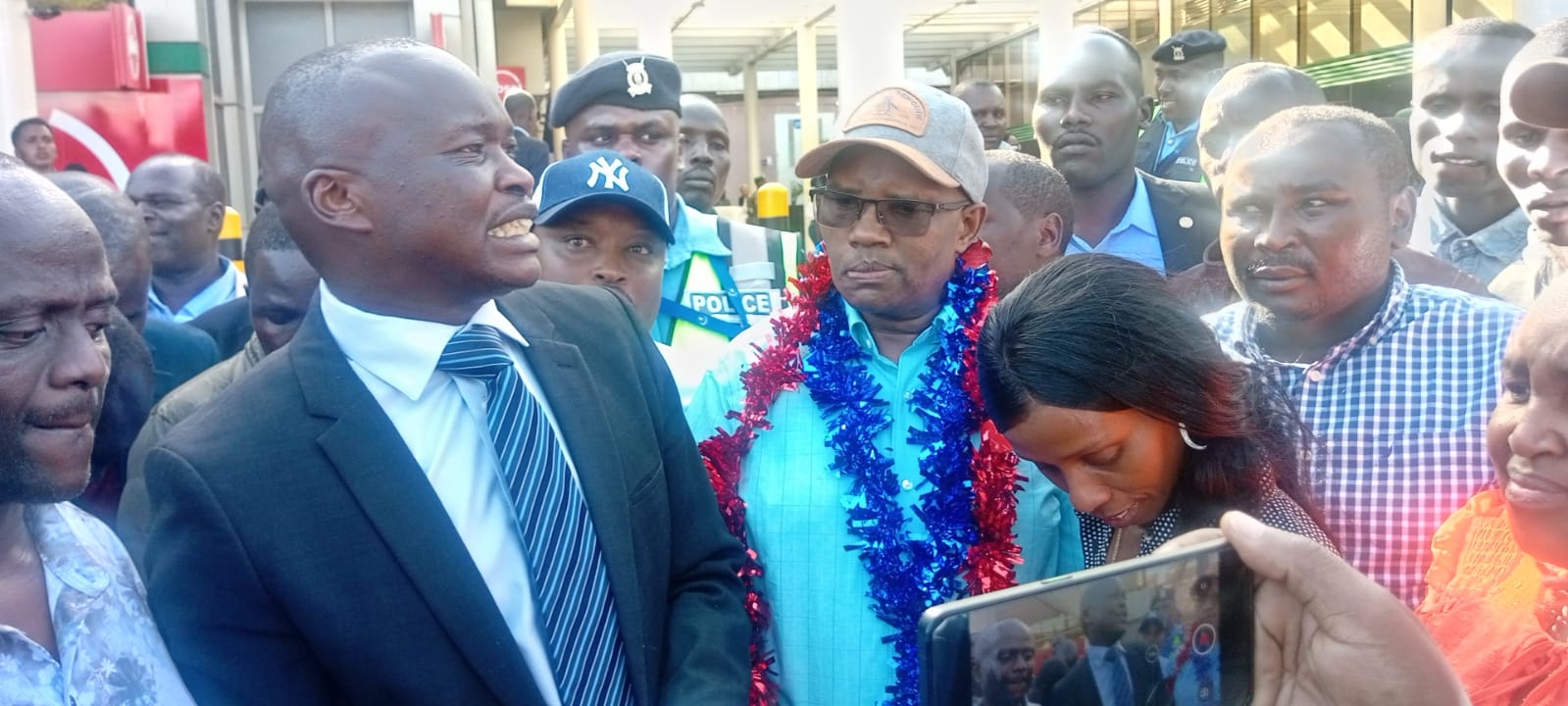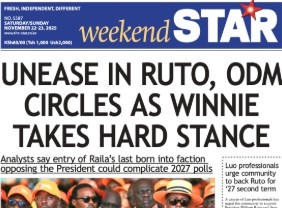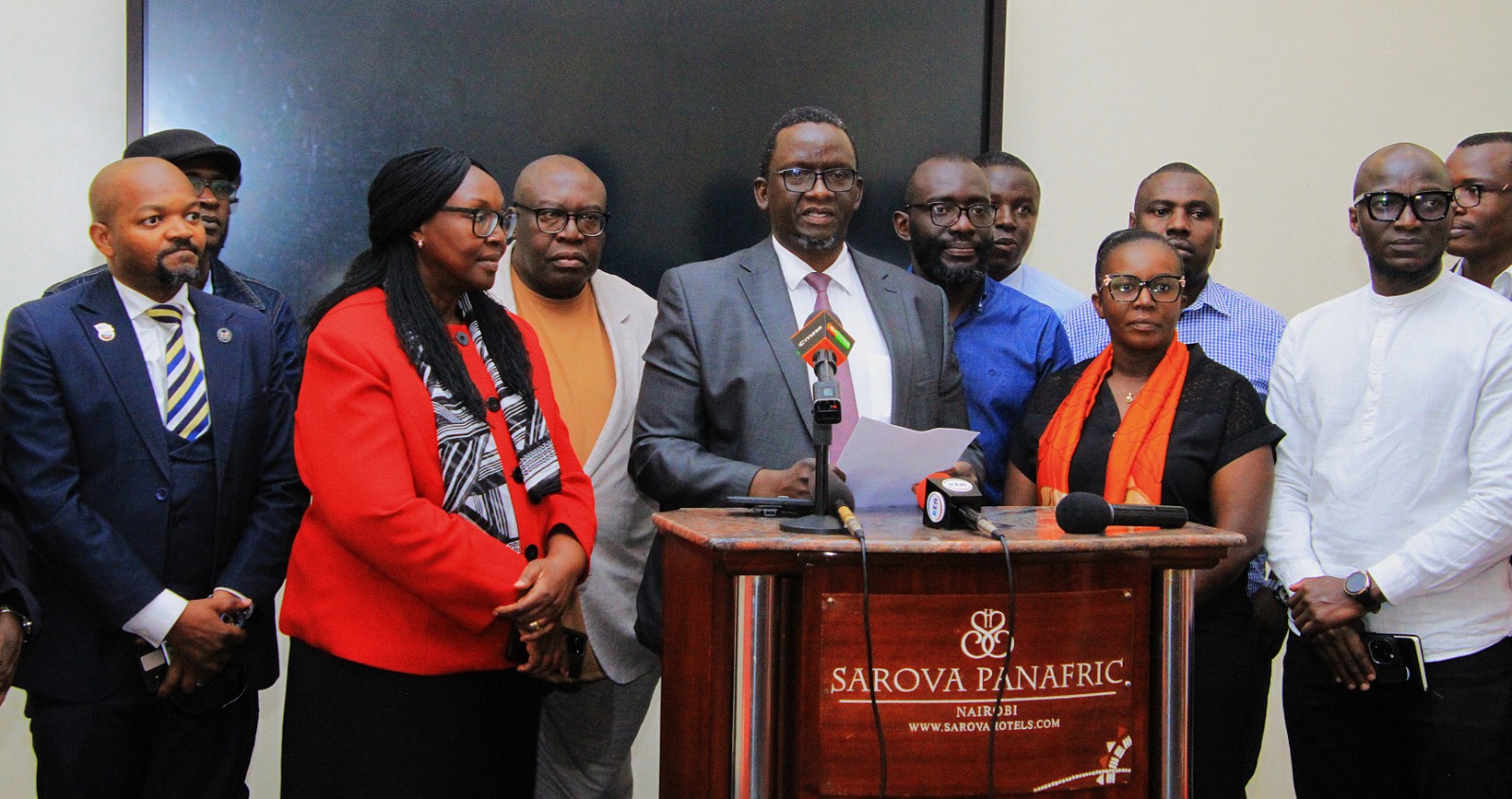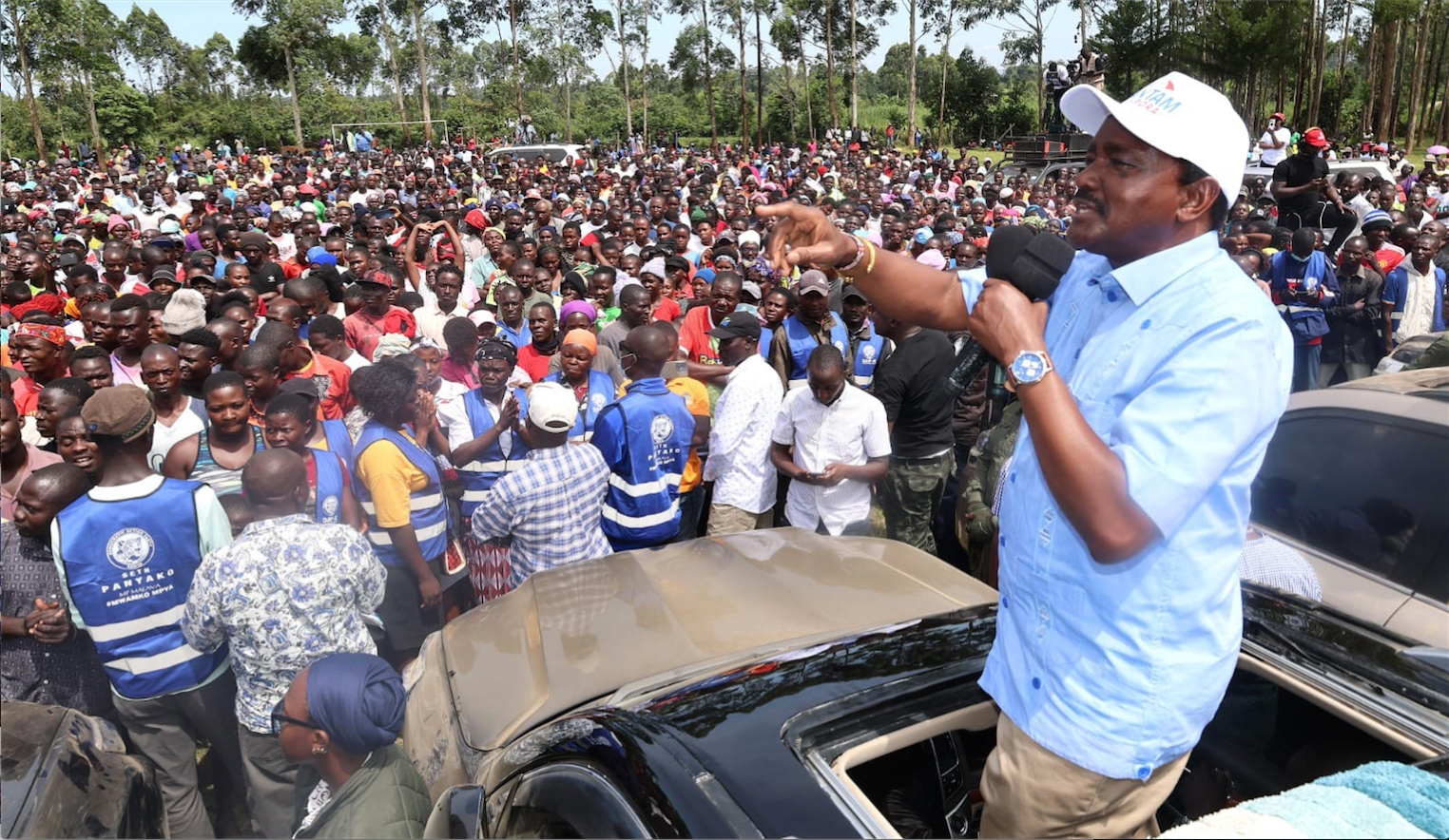Phillip Ochieng' was born and raised in Migori, one of the major tobacco growing areas in the country.
Growing up, residents relied on tobacco and sugar cane farming for their livelihoods.
But after sugar cane returns started shrinking, tobacco became the better option.
Ochieng' ventured into tobacco farming in 2005. Unlike other crops that require farmers to use their own money, tobacco companies would enter into contract farming with growers and provide them with inputs and farm implements.
The companies also availed cash to farmers to sort out short-term financial needs.
“The problem would come when tobacco leaves matured. You will be desperate because the companies would recover their money first and then give you the amount they feel like giving you,” Ochieng' said.
At the end of each farming cycle, he would realise he had put in so much effort and labour on the farm but the proceeds would barely sort out his other financial obligations like school fees and food.
“You find that most farmers were debt-ridden. Every annual cycle you are in debt but still you are in some form of agreement, so they will give you some money and the debt will accumulate year after year,” he said.
Ochieng' said he has also witnessed the environmental impact of tobacco farming and health implications, especially on elderly people.
In Uriri subcounty, where tobacco farming is concentrated, there has been immense land degradation due to heavy use of fertiliser.
The over-reliance on fertiliser to grow tobacco has made it hard for most food crops such as the iron beans promoted by Kenya Agricultural Research Organisation (Kalro) to do well.
Ochieng' said the use of unprocessed tobacco leaves, especially among the elderly, affects their health.
“After some time, you find those who use unprocessed tobacco start to cough and most die without knowing what has been ailing them,” he said.
“Most of the people who use unprocessed tobacco leaves are the elderly. They believe it works well when it is not processed.”
In 2009 when the Kenya National Farmers' Federation started registering growers for alternative agricultural crops, Ochieng' grabbed the opportunity and started growing groundnuts.
He also started reducing the area under tobacco and eventually stopped growing it.
Ochieng' said most farmers abandoned tobacco farming for other crops, leading to the pulling out of two of the three companies that used to buy tobacco in 2016.
Morris Nyongesa, a children's protection volunteer from Sirisia, said the impact of tobacco farming has spilled over to children.
Tobacco farming is labour intensive and expensive, yet those who grow the crop use their children to work on the farms instead of hiring labourers.
Nyongesa said this has led to most children dropping out of school. Those who do not drop out, lose many class hours and end up performing poorly in academics.
“When tobacco is ready for harvesting, children do not go to school because their parents opt to use them instead of paid labourers, so they always fall behind in their studies,” he said.
Also of concern is that as the children work on farms, they pick bad habits, such as smoking, from older people.
“Those children ape the adults on the farms. They roll the dried tobacco leaves and start smoking. In the long run, they get addicted and become a problem to their parents and teachers. They also recruit their fellow students into the habit,” Nyongesa said.
In March 2022, the UN launched the Tobacco-Free Farms Project in Migori county to help farmers break free from the crop and transition to more sustainable crops.
The programme is supported by the World Health Organization (WHO), the World Food Programme (WFP), Food and Agriculture Organisation (FAO), and the national and county governments.
The UN agencies and the government provide training, quality inputs such as seeds and fertilisers and a ready market for the harvest.
In Migori, farmers have started to plant high-iron beans as an alternative crop.
“We are using a multi-sectoral approach to educate our farmers and offer them support to shift from tobacco farming to other more sustainable forms of agriculture,” said George Githuka from the Health ministry’s division of drug and substance abuse control.
“We want to ensure that we support farmers end-to-end, from the farming inputs to the assured markets for their products, so that they move away from tobacco farming to other produce without coercion.”
Kenya Tobacco Control Alliance chairperson Joel Gitali said the government is keen on helping farmers move away from tobacco farming and engage in economically viable alternatives.
He said this is being done through creating awareness and training farmers on the impact of tobacco farming to their health and the environment.
“Most of the farmers think they are on the right path. Some inherited tobacco farming from their parents and they do not know they are enriching tobacco companies as they impoverish themselves, as they fall ill and destroy the environment,” Gitali says.
According to the WHO, tobacco as a cash crop contributes less than one per cent of Kenya’s GDP.
The farmers and their families are exposed to serious health risks by nicotine absorbed through the skin when handling wet tobacco leaves, exposure to heavy use of pesticides and tobacco dust.
Tobacco growing is also associated with increased gender inequality, deforestation, soil degradation and contamination of water supplies.



